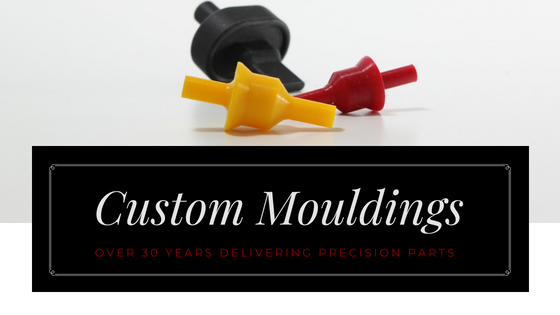Bespoke rubber mouldings for masking and other applications in low volume fabrications.
There are thousands of companies producing low volume metal fabrications for specialist applications in vehicles. This isn’t just specific to motor vehicles either. The UK is not only a leading exported of motor vehicles but also aerospace, defence, shipping and other modes of transport. Trains are also produced in the UK.
The UK has always been famous for pioneering design and bespoke solutions. Whether its military conversions on vehicles, emergency vehicles or any other short production run such as motorsport, the UK is world renowned for design and bespoke manufacturing.
For manufacturers and sub contractors, the processes on short production runs can be very similar to large volume production. The main difference being that the big robotic production lines aren’t often used in low volume manufacturing, but that in its self is why the UK is so different. There are thousands of small engineering firms across the UK producing bespoke assemblies for defence, aerospace, motorsport and specialist vehicles.
By the very nature of bespoke and limited run, masking can also take on a need for bespoke applications. AFAC has over the years produced a wide variety of custom silicone rubber mouldings for these niche industries.
Case study of bespoke silicone rubber mouldings for low volume metal fabrication work
For one customer, when the military were still using Land Rovers as a principle vehicle, they were installing a radio rack into the rear of the vehicle. It was a simple design of a plate with oval holes reamed out of it to allow adjustment of the radio.
The problem was that the bolts and washers used to fix the radio to the plate were also the earthing points. As a result, an area around each oval hole needed masking to allow for the movement that had been built into the design.
Using the BAKEWELL Silicone Rubber TUGPLUG as a basis for the design, we created an oval section and then added a “washer” into the design with a sealing lip around the edge for quality of finish. The first design was prototyped and worked perfectly.
Tooling is relatively inexpensive and the production run was only a matter of a few hundred items.
The Outcome
Satisfied customer and problem solved.








